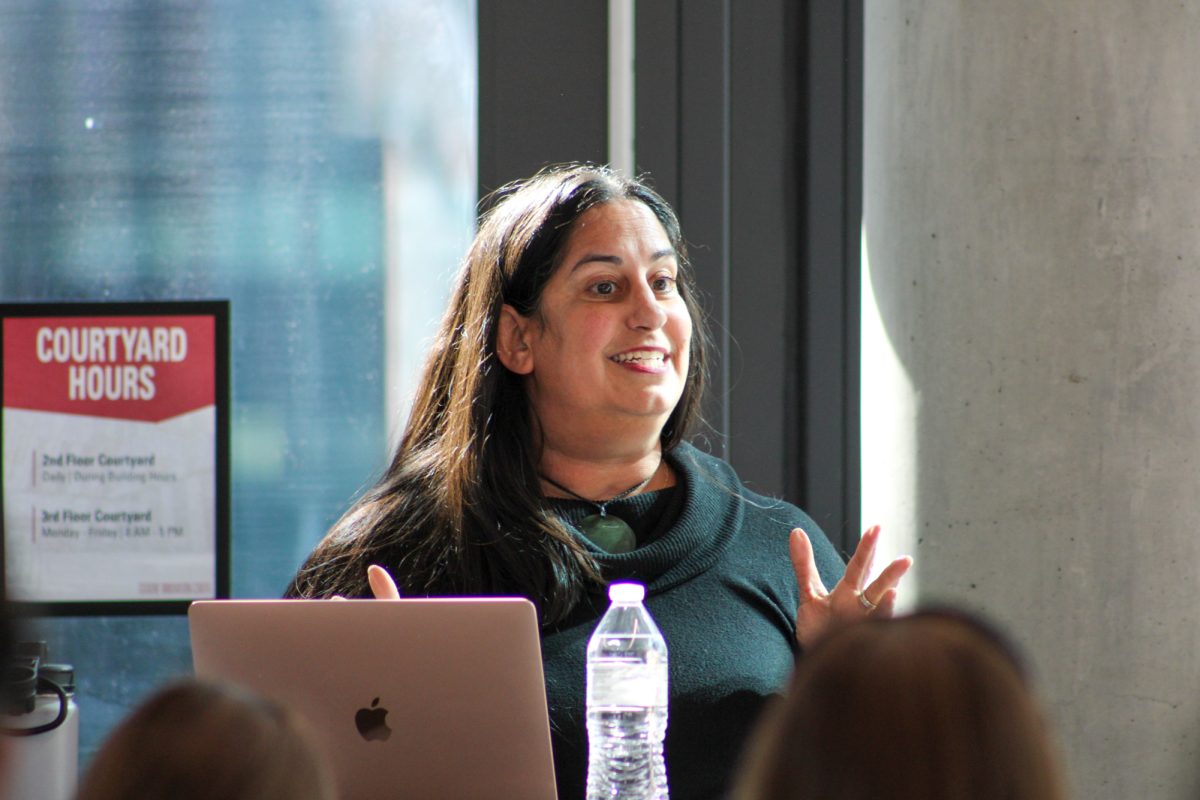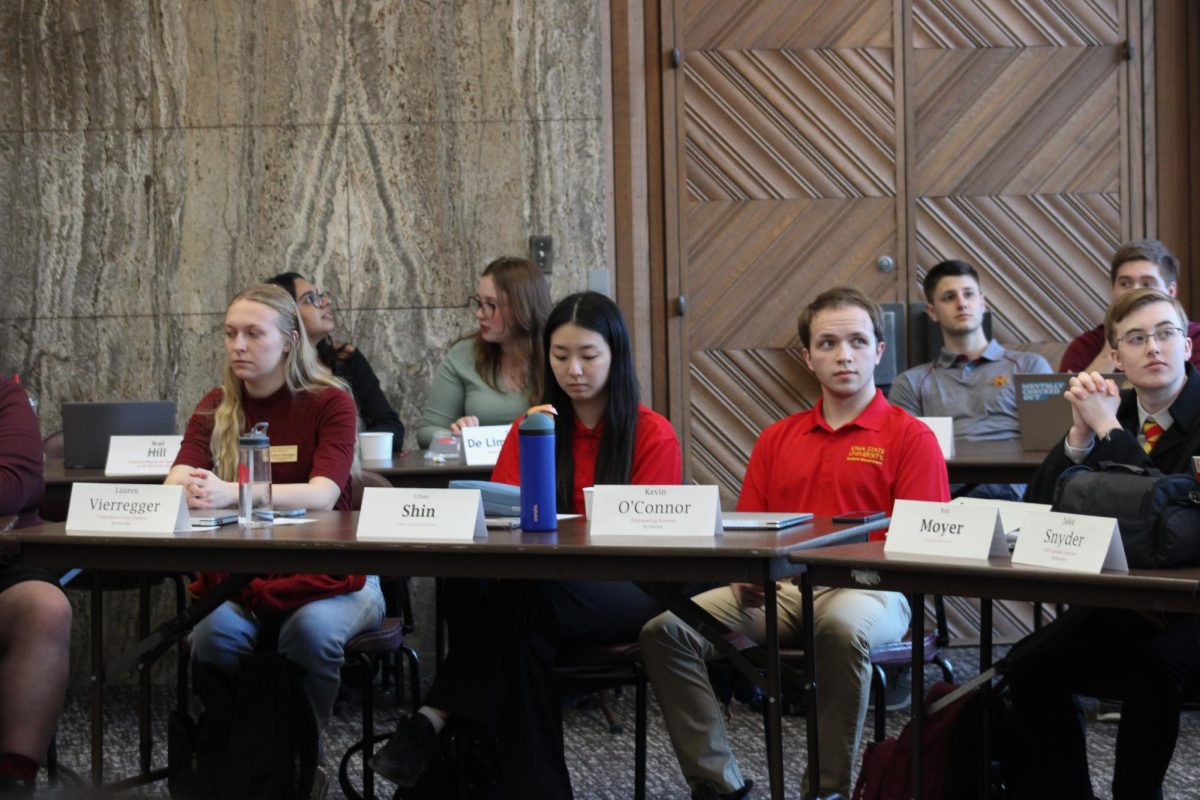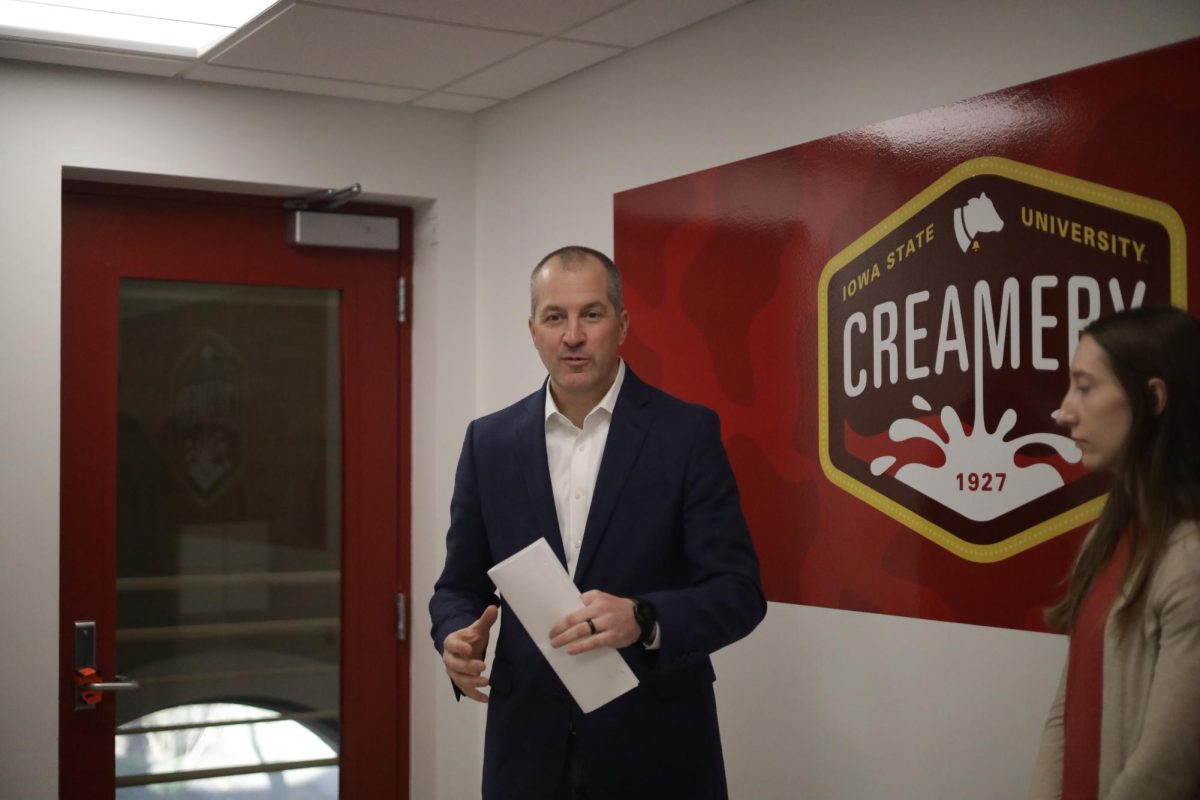Branstad bans K2, bath salts, salvia
August 23, 2011
On Sunday, K2 and salvia will be officially moved to Schedule I.
Gov. Terry Branstad signed a bill on July 29, classifying salvia and K2 as Schedule I drugs making them illegal to own, sell and manufacture.
Jonathan Kahl, graduate student in psychology, teaches a course on drugs and behavior and said that he doesn’t believe drug bans work.
“You can outlaw something like [K2], and as a result, people increasingly try to find legal chemicals that mimic it, but could be more dangerous,” Kahl said.
Another problem Kahl mentioned is that drug manufacturers can probably find loopholes in the law.
“If you create a cannabinoid that has a similar chemical structure, that’s one thing, but what if they create a drug that mimics cannabinoids but is chemically different?” Kahl said. “It is possible.”
Kahl said when people alter the chemical structure of a drug in an effort to squeeze through a legal loophole, the resulting substance can be far more toxic than the original — as evidenced by the rash of dangerous designer drugs that appeared when ecstasy was banned in 1985.
“I don’t know that the ‘war on drugs’ has ever been truly effective,” Kahl said. “Maybe it’s deterred some people, but I think the people who really want to do drugs will find some substance.”
Kahl added that when a drug is moved to Schedule I, it also becomes difficult to obtain permission to research it, even though it may have legitimate medical applications. For example, salvia is thought to suppress pain when it affects the peripheral rather than the central nervous system.
The bill, SF 510, replaced a temporary ban on synthetic cannabinoids issued by the state pharmacy board in 2010. However, it is the first piece of legislation in Iowa to address salvia and bath salts.
SF 510 made illegal “any substance, compound, mixture or preparation, which contains any quantity of any synthetic cannabinoid,” and it defined bath salts as any substance containing the chemicals MDPV or mephedrone, both of which are thought to be similar to cocaine.
Nick Nerness, junior in psychology, disagrees with SF 510 and other laws against drugs.
“In my opinion, drugs should be legalized, with restrictions,” Nerness said. “People [should] get the true information about them so that they can make an educated decision on whether or not to use them.”
Nerness said that age limits should be put in place and that usage areas should be designated, as is the case with tobacco.
“Making drugs like salvia or K2 illegal may make the number of people using them go down, but it will certainly not stop people from using the drugs,” Nerness said.
Lauren Hall, senior in kinesiology and health, agreed with Nerness’ last point.
“I don’t think [the ban] will reduce drug use because people find ways to produce and use the drugs that are already illegal,” Hall said. “Banning something doesn’t make it go away.”
Synthetic cannabinoids became illegal on July 29, but anyone who possesses salvia or bath salts has until Friday to anonymously drop off their substances at the Iowa State Patrol District Offices or the Iowa Department of Public Safety Headquarters.






